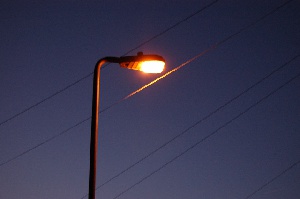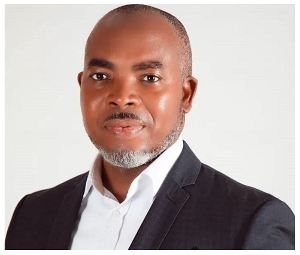- Home - News
- TWI News | TV
- Polls
- Year In Review
- News Archive
- Crime & Punishment
- Politics
- Regional
- Editorial
- Health
- Ghanaians Abroad
- Tabloid
- Africa
- Religion
- Election 2020
- Coronavirus
- News Videos | TV
- Photo Archives
- News Headlines
- Press Release
Business News of Thursday, 7 January 2016
Source: B&FT
Stanchart, ICBC China fund US$98m rural electrification
Two financial institutions, Stanchart Ghana and the Industrial Commercial Bank of China (ICBC), have partnered government to finance a US$98million electrification project in 556 communities in the Eastern, Northern and Volta Regions.
The move forms part of an extension of electricity infrastructure to support the operation of productive ventures, social projects and activities in the rural areas.
It is in this light that the chairman of the finance committee of Parliament, James Avedzie, welcomed the approval of a credit facility agreement between Government and the Industrial Commercial Bank of China (ICBC) for an amount of US$85million to finance the supply and erection of electrical materials and equipment for the electrification of 556 communities for phase-1 of the project.
The agreement also consist of a commercial credit facility of US$13million from the Standard Chartered Bank Ghana.
As of date, over 5,000 communities in Ghana have been connected to the national electricity grid under the national average of electricity access rate (NES) and Self-Help Electrification Programme (SHEP), the committee report on finance noted.
Erstwhile Minister of Power Dr. Kwabena Donkor told the Committee of Finance in Parliament that “the beneficiary communities were part of the poorly served districts in the three regions and are hopeful that the extension will help alleviate poverty and promote growth”.
He also added that successful execution of the project will increase the national access rate from the current 80.5percent to about 82.5percent.
Mr. Avedzie, further explained that many communities, particularly rural areas of the country, still do not have access to electricity.
“It is therefore to solve this challenge and ensure equity that the credit facility is being sought to provide financing for the extension of electricity to these districts.”
The Electricity Company of Ghana has said it will require a sustained investment of about US$200million every year to address its investment gap in order to meet an annual power demand growth rate of about 12 percent.
Despite the successes achieved in rural electrification since the1990’s, some regions are far below the national average for the electricity access rate (NES).
The reason for this, according to the committee’s report on finance, is that some communities are unable to provide the Low Voltage poles so as to qualify for electrification under the Self-Help Electrification Programme (SHEP).
As part of government’s efforts to accelerate the pace of the NES programme in order to achieve universal access, the Ministry of Power is undertaking several electrification projects in all parts of the country.











